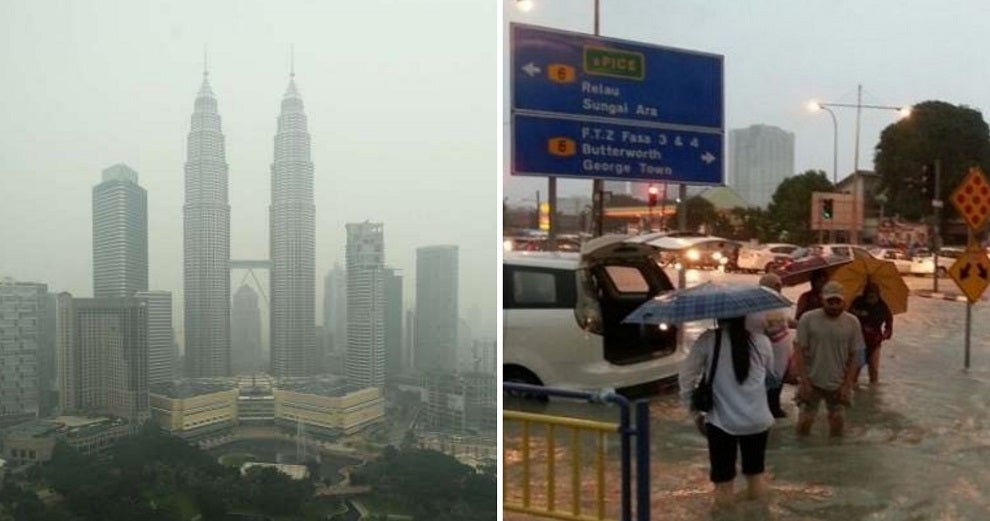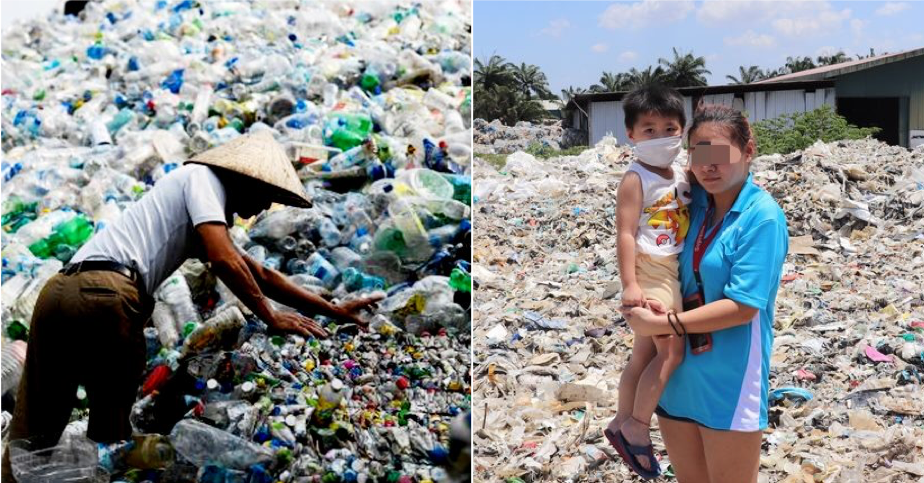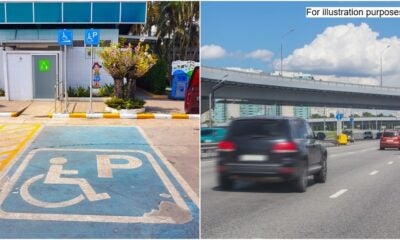Like it or not, climate change and global warming are things that concern all of us. Many of us may even be feeling its effects right now with air pollution and increasing annual rainfall, but the long-term consequences are even more unsettling.
In a report recently published by the United Nations’ (UN) Intergovernmental Panel on Climate Change (IPCC), it predicted a bleak future for the entire world with increasing food shortages and large masses of coral reefs dying off within the next 22 years.
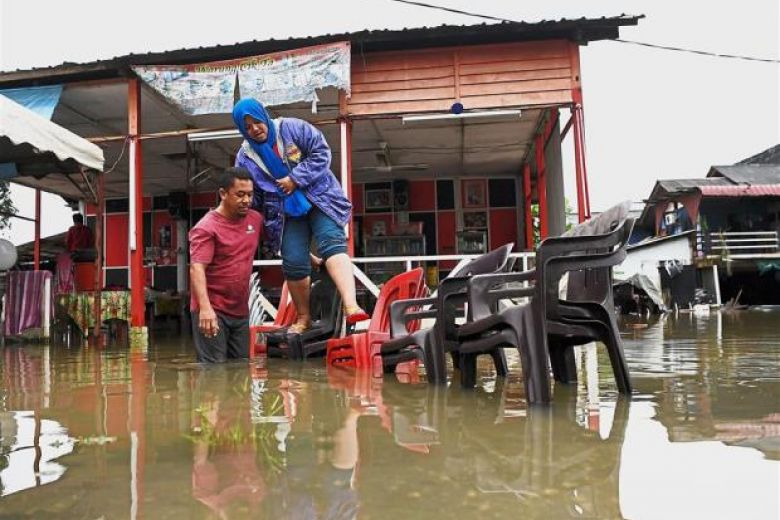
Source: the straits times
Here are some of the more unsettling findings from this report;
- Increased droughts and poverty brought on by the atmosphere’s temperature climbing up to 1.5 degrees Celsius, if greenhouse gas emissions continue at the current rate.
- If 1.5 degrees of warming does occur, Southeast Asian countries like Indonesia, the Philippines, and Vietnam, including countries like Japan, China, Egypt, and the U.S. will experience increased flooding by 2040.
- It is predicted that people from tropical countries (including Malaysia) could have to rapidly evacuate from their countries, while in some nations, “national borders will become irrelevant”.
- Some environmental damage (like dead coral reefs) could be irreversible if the world heats up by more than 2 degrees Celsius.
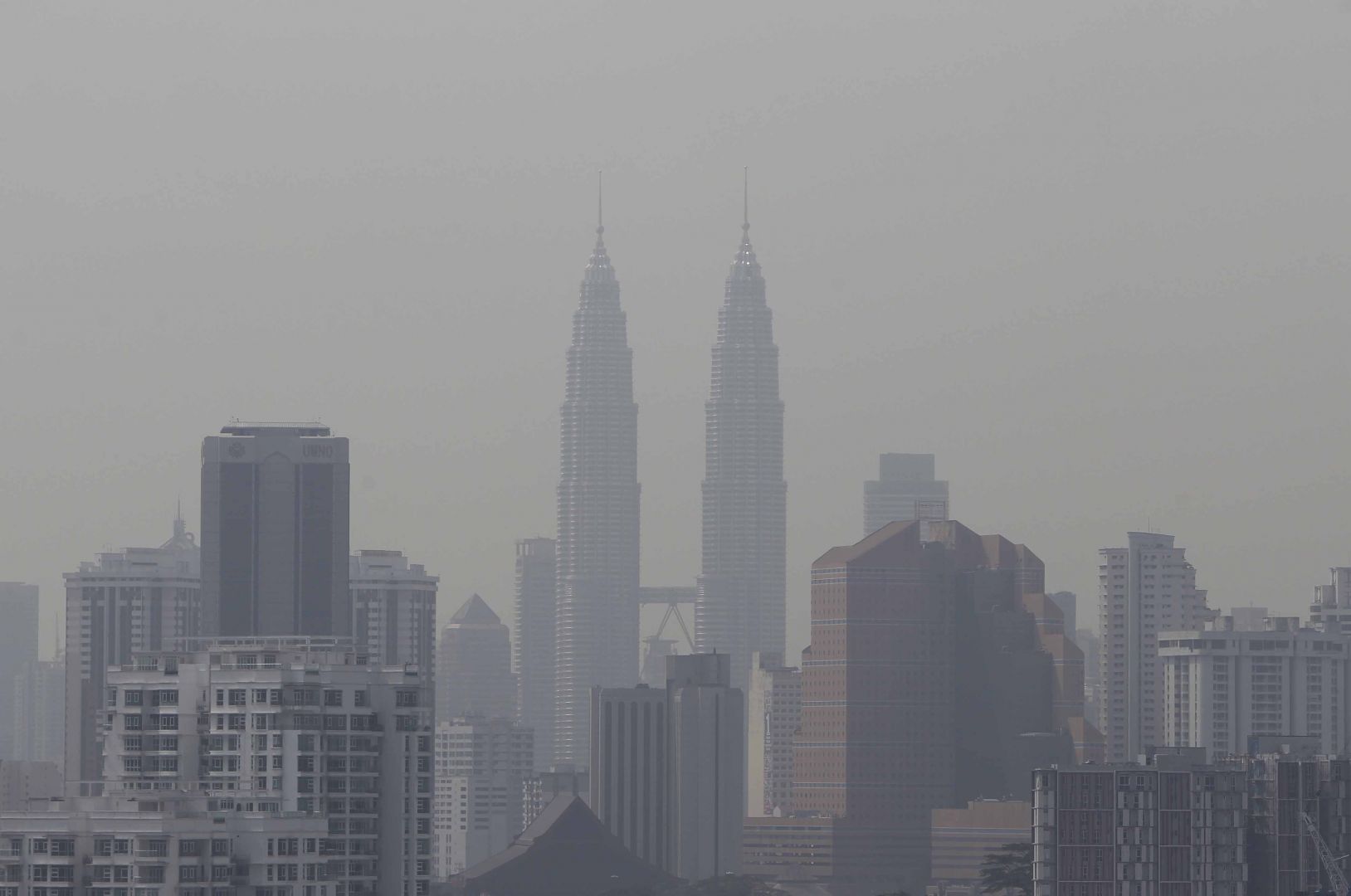
Source: getdoc
Despite the unsettling prediction, the IPCC proposed solutions for relevant authorities and governments to make in an effort to avoid these alarming consequences, which include;
- Transforming the world economy within the next few years, which could cost about USD$54 trillion (approx. MYR 224.2 trillion), although this is politically unlikely.
- Greenhouse pollution must be reduced by 45 per cent from 2010 levels by 2030 and 100 per cent by 2050.
- The use of coal as an electricity source would also need to be dropped from 40 per cent to between 7 and 1 per cent by 2050.
- Renewable energy sources for electricity would have to increase from the current 20 per cent to 67 per cent.
- Placing taxes on carbon dioxide emissions.
While things do seem rather bleak, it is possible for relevant international bodies to work together in order to reverse things before it is too late. It’s just a matter of whether or not they are willing to change our economic landscape and switch to more sustainable resources.
Read the entire report here!
Also read: Report: NZ, UK And Australia Are Dumping Tonnes of Plastic Waste in Malaysia

